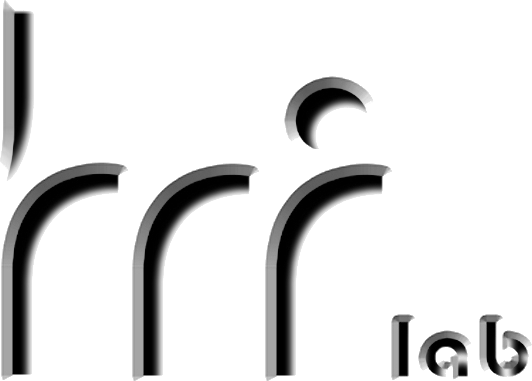A main advantage of cognitive architectures over specialized robotic architectures is that they are task-general and can learn new tasks online. In this paper, we provide empirical evidence to for this claim, by directly comparing a high-performing custom robotic architecture developed for the standardized robotic "FetchIt!" challenge task to a hybrid cognitive robotic architecture that allows for online one-shot task learning and task modifications through natural language instructions.
@inproceedings{frascaetal2020iros,
title={Going Cognitive: A Demonstration of the Utility of Task-General Cognitive Architectures for Adaptive Robotic Task Performance},
author={Tyler Frasca and Zhao Han and Jordan Allspaw and Holly Yanco and Matthias Scheutz},
year={2020},
booktitle={Proceedings of the International Conference on Intelligent Robots and Systems (IROS)},
url={https://hrilab.tufts.edu/publications/frascaetal2020iros.pdf}
}
